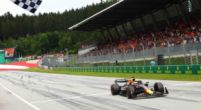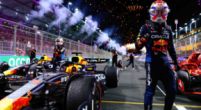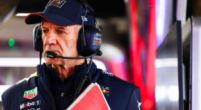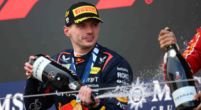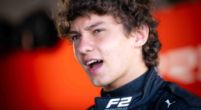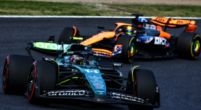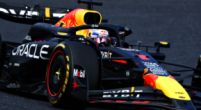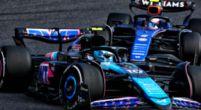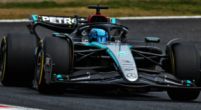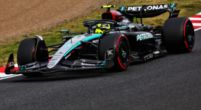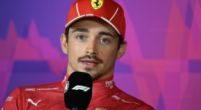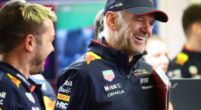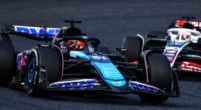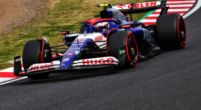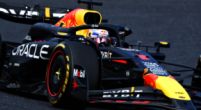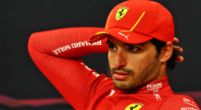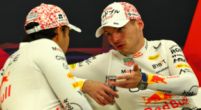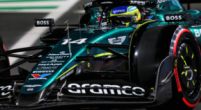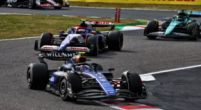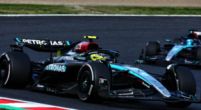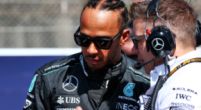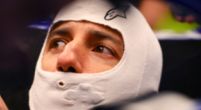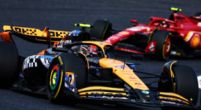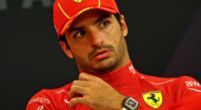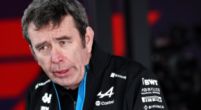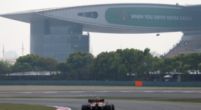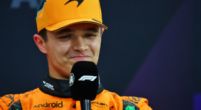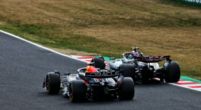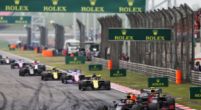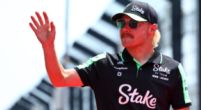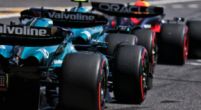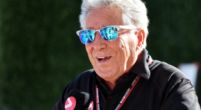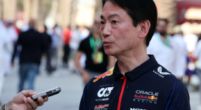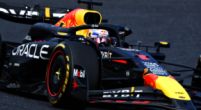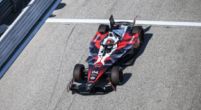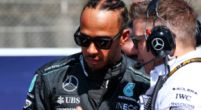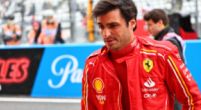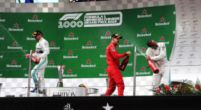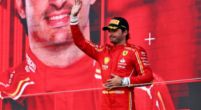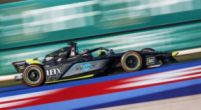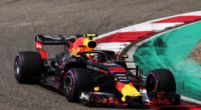F1 News
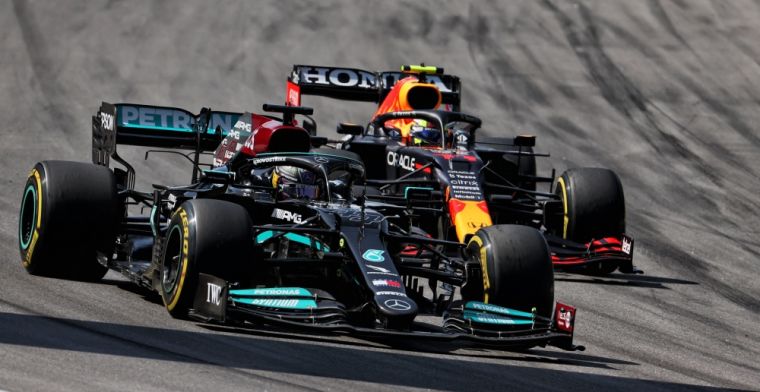
Verstappen's actions explained: 'That's why he sends in relatively little'
After the race committee decided to take no further action after the fierce defensive actions of Max Verstappen near Lewis Hamilton, it seemed to end on a high note. Mercedes however did not leave it at that and went to the FIA with new onboard footage of Verstappen. Driver Ho-Pin Tung explains the actions of the Dutchman.
Auto racing is physics
The moment in question happens in the fourth corner during the 48th lap. Hamilton makes an overtaking attempt on Verstappen. The Dutchman defends fiercely and both drivers end up next to the track, although the two rivals do not hit each other. Mercedes wants to prove with the new footage that Verstappen deliberately let his rival for the title go wide or even wanted to drive him off the track.
On Twitter Tung gives his view on the incident. "What Verstapen's thought was, only he knows, so let's not speculate and limit ourselves to facts." The Dutch driver then does exactly that. "I always say: motorsport is physics. A tyre has a maximum grip potential. You can use that in the longitudinal direction (braking/acceleration), rotation (steering) or a combination of them (combined G)."
Verstappen sends in relatively little
Tung explains that using that combined G is the most effective way to slow down as quickly as possible. "That explains why Verstappen sends in relatively little, because at that point he needs all the (more than normal) tyre potential to slow down. Only when the braking phase is largely over can he use more potential to rotate. He then also steers in with a large angle, but is already on the edge of the track by then."
According to Tung, Verstappen could therefore not have done much differently. "Had he turned in earlier (and more), he would have either blocked his left front tyre or lost control of the car. In either case, he would then probably have hit Hamilton."

